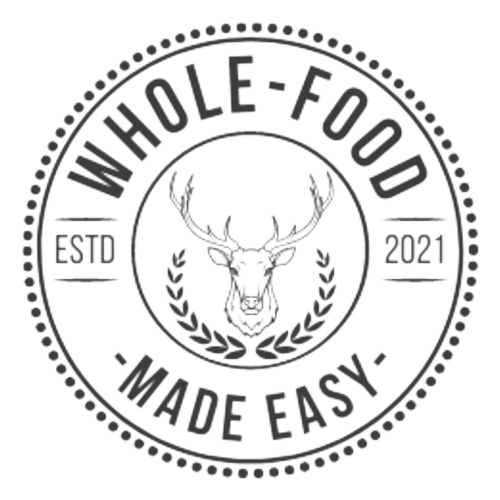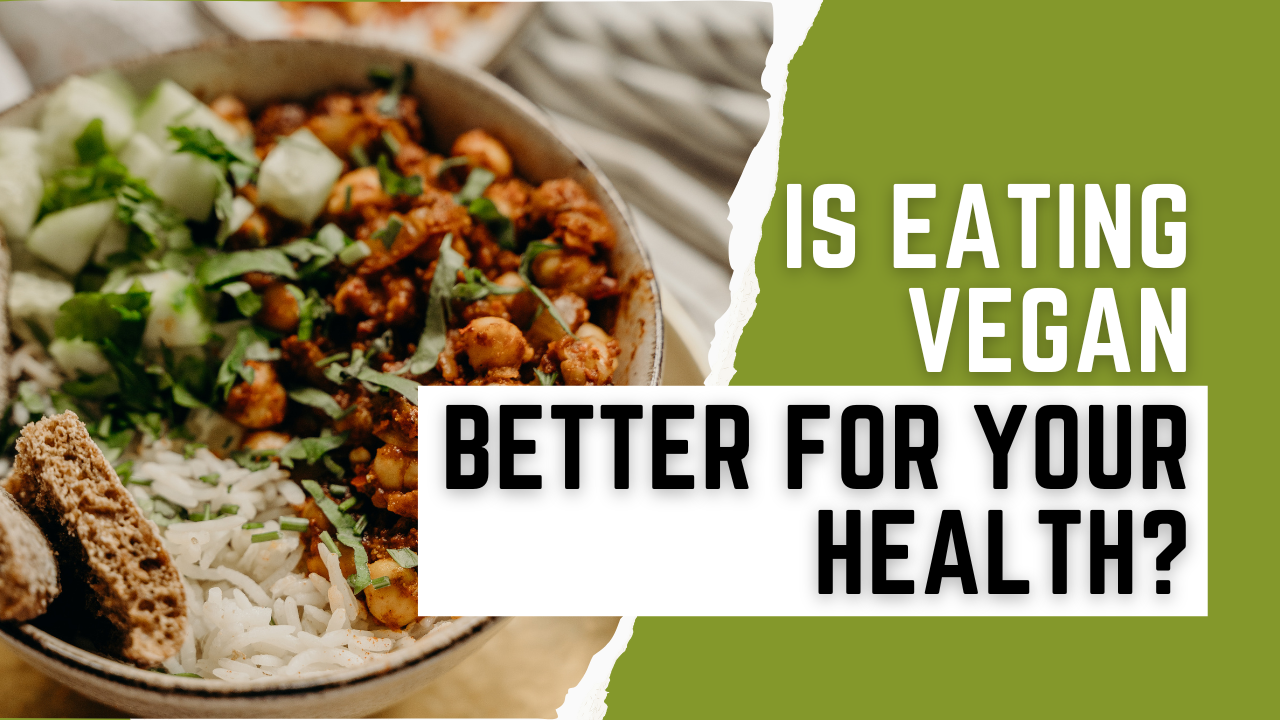Vegan Health Guide: Separating Fact from Fiction in Plant-Based Nutrition.
In recent years, veganism has surged in popularity, touted as a panacea for both personal health and global sustainability. However, amidst the fervour surrounding plant-based diets, it's crucial to critically examine the evidence behind the health claims associated with veganism. While proponents assert that vegan diets offer unparalleled health benefits, skepticism remains. Let's delve into the science to determine whether eating vegan is indeed the superior choice for your health.
Understanding Veganism
A vegan diet abstains from all animal products, including meat, dairy, eggs, and even honey. Embracing veganism often aligns with ethical and environmental concerns, as advocates seek to minimise harm to animals and reduce their ecological footprint. By basing meals around plant-based foods like fruits, vegetables, grains, legumes, nuts, and seeds, vegans aim to foster a more compassionate and sustainable food system.
The Nutritional Benefits of a Vegan Diet
Proponents of veganism extol its nutritional virtues, and rightfully so. Plant-based diets abound in fibre, vitamins, minerals, and antioxidants, all of which are crucial for optimal health. Research indicates that consuming ample fruits, vegetables, and whole grains can lower the risk of chronic diseases like heart disease, diabetes, and certain cancers. Additionally, vegan diets tend to be lower in saturated fat and cholesterol, further promoting cardiovascular health. Check out our Vegan recipe guide for some meal inspiration.
Potential Health Risks of Vegan Diets
However, the enthusiasm for veganism should be tempered with an understanding of its potential pitfalls. While plant foods offer an array of nutrients, certain vital compounds are more challenging to obtain solely from vegan sources. Vitamin B12, essential for nerve function and red blood cell production, is primarily found in animal products. Vegans must be vigilant about incorporating fortified foods or supplements to prevent deficiency. Likewise, adequate intake of omega-3 fatty acids, iron, calcium, and protein can pose challenges without careful planning.
The Role of Balanced Nutrition
In the pursuit of health, balance is key. A well-planned vegan diet can undoubtedly meet all nutritional needs, but it requires thoughtful consideration and diversity. Incorporating a variety of plant foods ensures a spectrum of nutrients, while fortified products and supplements offer insurance against potential deficiencies. By embracing a balanced approach to nutrition, vegans can thrive without compromising their health. Check out out
Debunking Myths and Misconceptions
Amidst the discourse on veganism, misinformation abounds. Contrary to popular belief, not all vegan foods are inherently healthy. Processed vegan alternatives, laden with additives and preservatives, may lack the nutritional integrity of whole, unprocessed foods. Additionally, while vegan diets can mitigate certain disease risks, they are not a panacea. Health outcomes depend on numerous factors, including overall dietary quality, lifestyle habits, and genetic predisposition.
Practical Considerations for Choosing a Dietary Pattern
Ultimately, the decision to adopt a vegan diet should be guided by individual health goals and values. While veganism offers undeniable benefits for many, it's not a one-size-fits-all solution. Those considering a plant-based lifestyle should consult with healthcare professionals to ensure their nutritional needs are met. Furthermore, prioritising holistic health—encompassing nutrition, physical activity, and mental well-being—promotes a sustainable approach to wellness.
In conclusion, the question of whether eating vegan is truly better for your health is nuanced. While vegan diets offer myriad benefits, they are not without potential risks. By understanding the nutritional nuances of plant-based eating and embracing a balanced approach to nutrition, individuals can harness the health-promoting power of veganism while mitigating potential pitfalls. Ultimately, the path to optimal health lies in informed decision-making and a commitment to holistic well-being.



Comments ()